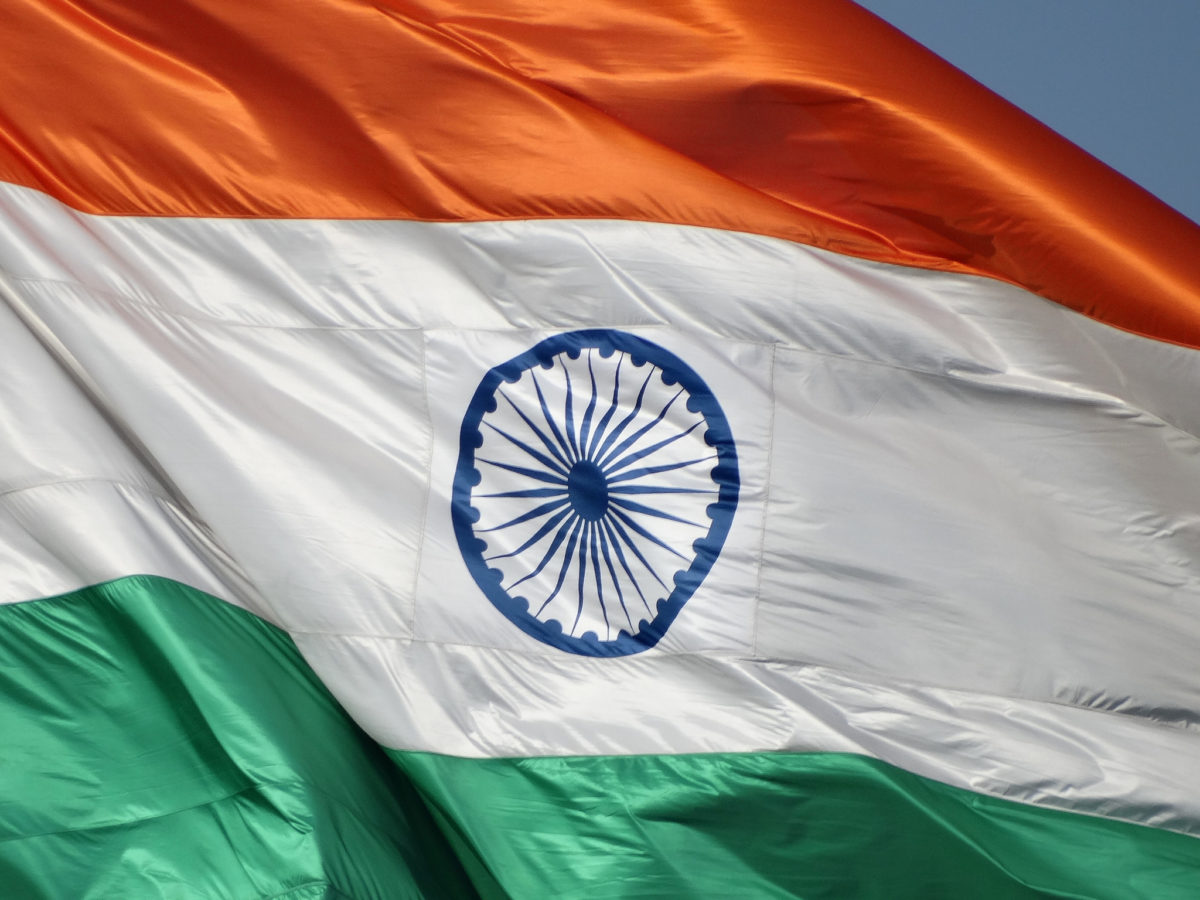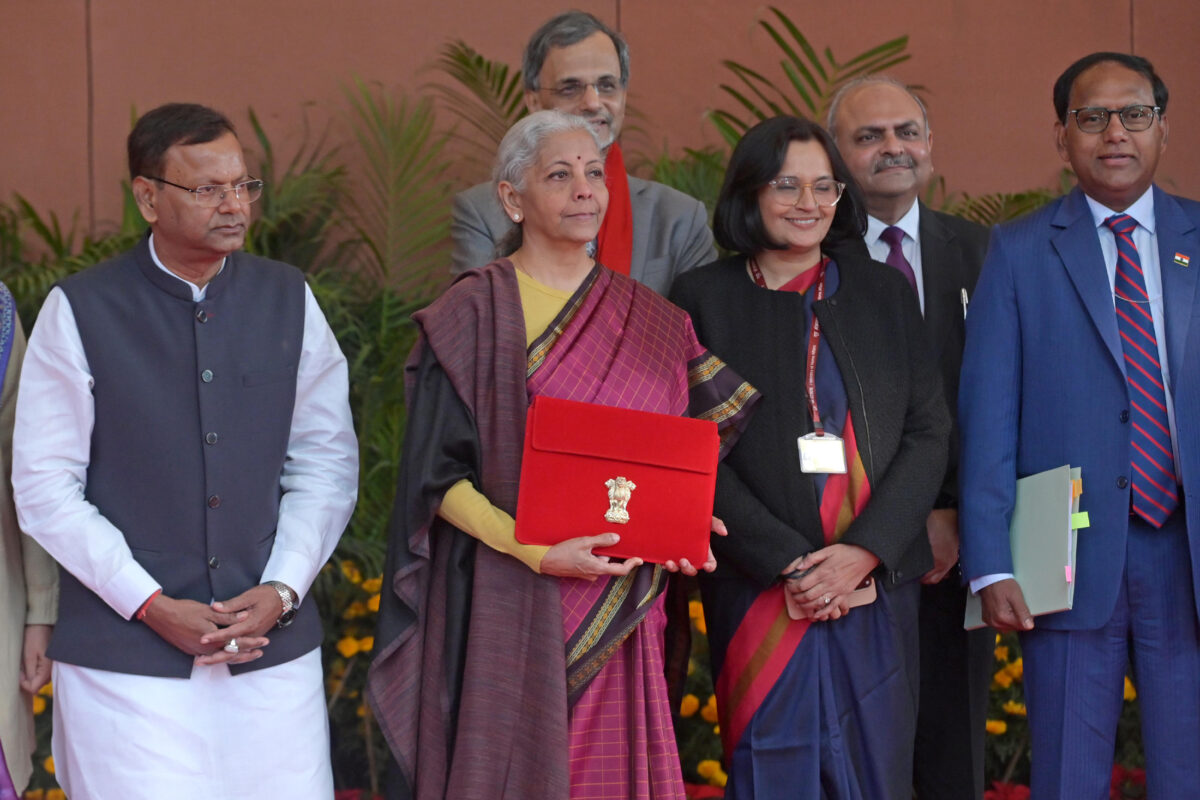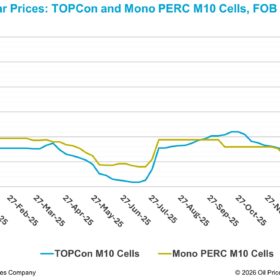India’s energy efficiency measures have helped it to significantly reduce the energy consumption of its economy, bringing it down by 20% compared to 2005 levels—said power minister R.K. Singh recently.
In the year 2018-19 the various energy efficiency measures saved the country a whopping Rs 89,122 crore against the previous year’s (2017-18) savings of Rs 53,627 crore. These efforts have also contributed to reducing 151.74 million tonnes of CO2 emissions, whereas last year this number was 108 MTCO2.
“We have pledged in COP-21 that we will bring down energy intensity of the economy by 33 to 35% compared to 2005 levels by 2030. Now, with our energy efficiency initiatives, we have already reduced the energy intensity of our economy by 20% compared to 2005 levels, which is a very good performance indeed,” said the power minister while unveiling a report on “Impact of energy efficiency measures for the year 2018-19.”
The report was prepared by consultancy firm PWC Ltd, which was appointed by Bureau of Energy Efficiency (BEE) for independent verification to assess the resultant annual savings in energy as well as CO2 emissions through various initiatives in India.
Savings
The report finds that the implementation of various energy efficiency schemes has led to total electricity savings to the tune of 113.16 billion units in 2018-19, which is 9.39% of the net electricity consumption.
The total energy savings (electrical+thermal) achieved in 2018-19 is 23.73 Mtoe (million tonnes of oil equivalent), which is 2.69% of the total primary energy supply (estimated to be 879.23 Mtoe in India) during 2018-19. This includes both supply-side and demand-side sectors of the economy.
Energy savings (electrical + thermal) achieved in the energy-consuming sectors (demand-side sectors) is to the tune of 16.54 Mtoe, which is 2.84% of the net total energy consumption (approximately 581.60 Mtoe) in 2018-19.
Flagship schemes which made the impact
The study has identified Perform, Achieve and Trade Scheme, Standards & Labelling Programme, UJALA Programme, Municipal Demand Side Management Programme among the government’s schemes which delivered maximum on energy saving front in the year 2018-19.
Since 2017-18, every year BEE appoints a third party expert agency to conduct study for comparing the actual energy consumption due to different energy efficiency schemes, with the estimated energy consumption, had the current energy efficiency measures were not undertaken i.e. counterfactual.
The objective of this study is to evaluate the performance and impact of all the key energy efficiency programmes in India, in terms of total energy saved and the related reduction in CO2 emissions. The study assesses the resultant impact of current schemes at national as well as state level for the FY 2018-19 and compares it with a situation where the same were not implemented.
This content is protected by copyright and may not be reused. If you want to cooperate with us and would like to reuse some of our content, please contact: editors@pv-magazine.com.









comparative figures of the countries can be given at least once a fortnight. Important developments such as storage aspects etc., can also be included.
As environmental issues are global phenomena the progress should promote this view. At least environmental issues should unite the world.